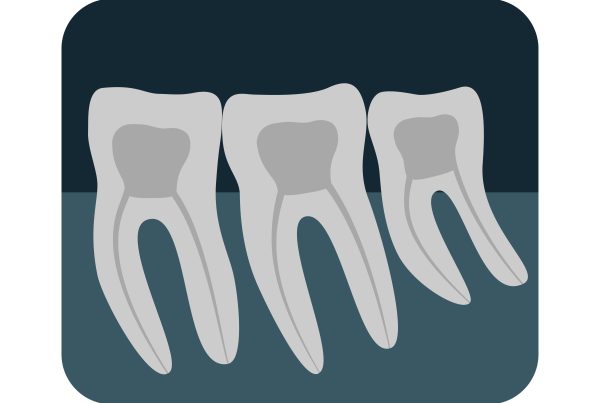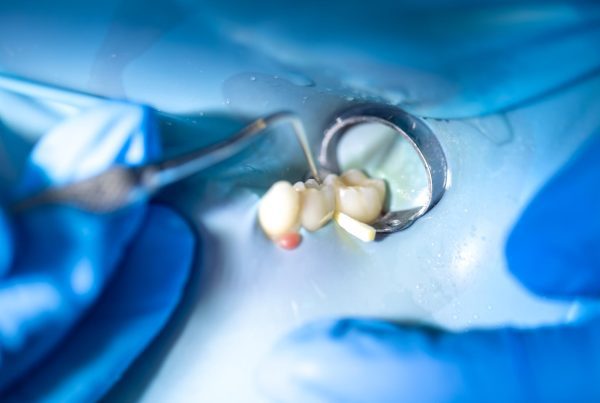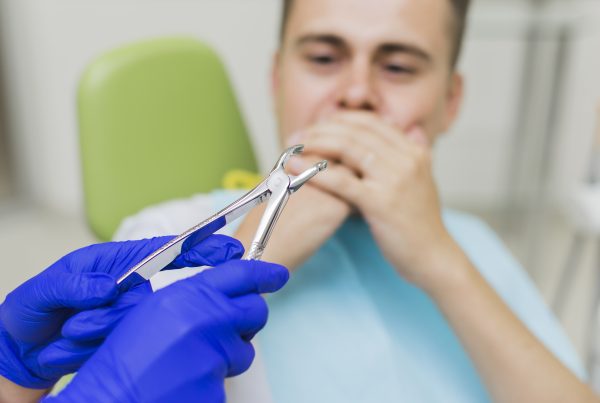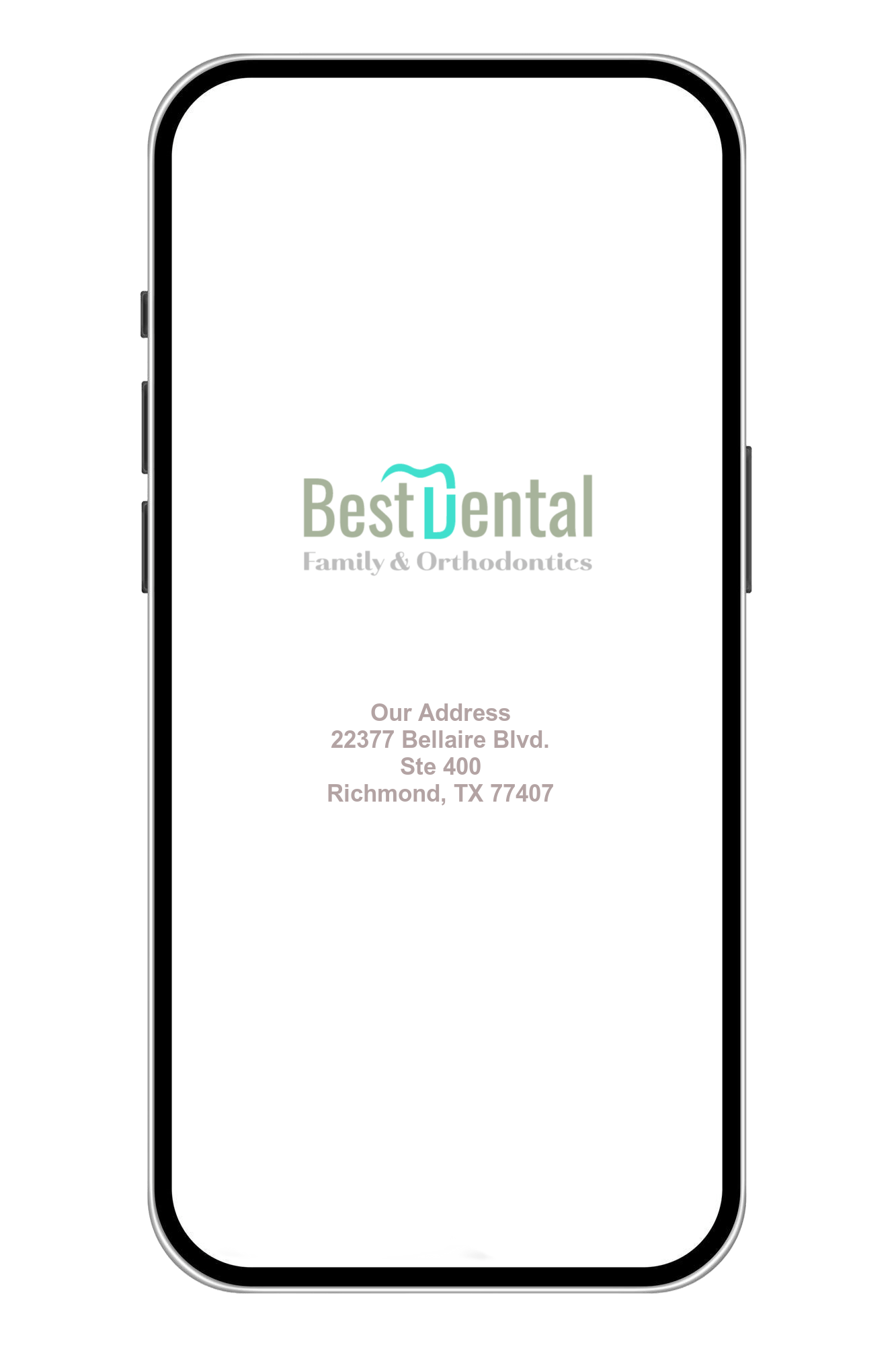An Overview Of Wisdom Tooth Pain
Unbearable wisdom tooth pain is a formidable adversary that countless individuals grapple with at some point in their lives. These troublesome molars, often the last to emerge in one's late teens or early twenties, can wreak havoc on daily life, causing excruciating discomfort that feels nearly impossible to endure. The sheer intensity of the pain, combined with its persistence, leaves sufferers desperately seeking relief and understanding of the source of their agony. In this discussion, we delve into the intricacies of wisdom tooth pain, exploring its causes, symptoms, and potential remedies to help those afflicted find solace in the face of this agonizing oral ordeal.

What are the common causes of unbearable wisdom tooth pain?
Unbearable wisdom tooth pain can be caused by several factors, often related to the position and condition of the wisdom teeth. Some of the common causes include:
- Impaction: When a wisdom tooth doesn’t have enough room to emerge or develop normally, it can become impacted, leading to pressure and pain in the surrounding area.
- Infection: Wisdom teeth can be prone to infection, often due to the difficulty of cleaning them properly, leading to conditions such as pericoronitis, an inflammation of the gum tissue surrounding the tooth.
- Tooth decay: If wisdom teeth partially emerge, they can be challenging to clean thoroughly, making them susceptible to decay and cavities, leading to severe pain and sensitivity.
- Gum disease: When wisdom teeth emerge improperly, they can create hard-to-reach spaces that trap food and bacteria, leading to gum disease and subsequent pain.
- Eruption cysts: In some cases, the sac near the wisdom tooth may fill with fluid, forming an eruption cyst that can be painful as the tooth tries to emerge.
- Crowding: Wisdom teeth can cause crowding or shifting of other teeth, leading to pain and discomfort in the jaw and surrounding areas.
It’s essential to consult a dental professional to determine the precise cause of unbearable wisdom tooth pain and to receive appropriate treatment and guidance.
Are there any preventive measures that can be taken to avoid unbearable wisdom tooth pain?
While the emergence of wisdom tooth pain is often challenging to predict or prevent entirely, there are certain preventive measures that individuals can adopt to minimize the likelihood of experiencing unbearable discomfort associated with these molars. First and foremost, maintaining a meticulous oral hygiene routine, including regular brushing and flossing, is crucial in preventing the buildup of plaque and bacteria that can lead to tooth decay and gum disease. Additionally, using an antiseptic mouthwash can help eliminate any lingering bacteria in hard-to-reach areas, reducing the risk of infection and inflammation around the wisdom teeth.
Furthermore, keeping up with routine dental check-ups is vital for early detection of any potential issues related to wisdom teeth. Dentists can monitor the growth and positioning of these molars and provide timely recommendations for proactive measures such as the extraction of impacted or problematic wisdom teeth before they lead to unbearable pain. By staying proactive and vigilant in maintaining optimal oral health, individuals can significantly reduce the risk of experiencing the distressing consequences of wisdom tooth-related complications.


How can one differentiate between regular dental pain and wisdom tooth pain?
Differentiating between regular dental pain and wisdom tooth pain can be crucial in determining the appropriate course of action and treatment. Here are some key distinctions:
- Location: Regular dental pain may often be localized to a specific tooth or area, while wisdom tooth pain can radiate to the jaw and adjacent teeth, affecting a larger area.
- Timing of onset: Wisdom tooth pain commonly arises during the late teens or early twenties when these molars typically emerge, whereas regular dental pain can occur at any age depending on various dental issues like cavities or gum disease.
- Sensitivity to pressure: Wisdom tooth pain may intensify when pressure is applied during biting or chewing, whereas regular dental pain may be more constant and not necessarily exacerbated by pressure.
- Swelling and inflammation: Wisdom tooth pain is often accompanied by noticeable swelling and redness around the affected area, whereas regular dental pain may not always involve visible signs of inflammation.
- Other symptoms: Wisdom tooth pain can manifest as headaches, earaches, and jaw stiffness, whereas regular dental pain may not be associated with these additional symptoms.
It’s essential to consult a dental professional for a comprehensive evaluation and accurate diagnosis, as they can provide a thorough examination and imaging, if necessary, to distinguish between these types of dental pain and recommend appropriate treatment.
What are the typical symptoms associated with impacted or infected wisdom teeth?
Impacted or infected wisdom teeth can manifest with a range of distressing symptoms, indicating the need for prompt dental intervention. Common signs of impacted wisdom teeth include persistent throbbing pain in the back of the mouth, swelling and tenderness in the gums, jaw stiffness, and difficulty opening the mouth fully. Moreover, individuals may experience a persistent unpleasant taste in the mouth, bad breath, and visible signs of infection, such as redness and swelling around the affected area. In cases of infection, additional symptoms such as fever, swollen lymph nodes, and the development of an abscess may become apparent, underscoring the urgent need for professional dental care to address the underlying issue and alleviate the associated discomfort.


What are the available treatment options for managing unbearable wisdom tooth pain?
The treatment options for managing unbearable wisdom tooth pain can vary depending on the underlying cause and severity of the condition. Initially, over-the-counter pain relievers such as ibuprofen or acetaminophen may be recommended to alleviate discomfort and reduce inflammation. For cases of infection, antibiotics might be prescribed to address the underlying bacterial issue. In situations where impaction or crowding is the root cause, surgical extraction of the affected wisdom teeth may be advised to eliminate the source of pain and prevent further complications. Additionally, in instances of severe inflammation or abscess, drainage procedures and other surgical interventions might be necessary to provide immediate relief and promote healing. Dental professionals may also recommend specific mouth rinses or gels to reduce inflammation and facilitate the healing process, thereby effectively managing the excruciating discomfort associated with wisdom tooth pain.
How effective are home remedies in alleviating the discomfort caused by wisdom tooth pain?
Home remedies can offer temporary relief and help alleviate some of the discomfort caused by wisdom tooth pain, although they may not fully address the underlying issues. Some effective home remedies include:
- Saltwater rinse: Gargling with warm saltwater can help reduce inflammation and cleanse the affected area, providing temporary relief from pain and discomfort.
- Clove oil: Applying a small amount of clove oil to the affected area can provide a numbing effect and help alleviate the pain associated with wisdom tooth discomfort.
- Cold compress: Applying a cold compress to the outside of the cheek can help reduce swelling and numb the area, providing temporary relief from pain and discomfort.
- Over-the-counter pain relievers: Non-prescription pain medications, such as ibuprofen or acetaminophen, can help manage pain and reduce inflammation until professional dental treatment can be sought.
While these home remedies can help manage symptoms temporarily, it is essential to consult a dental professional to address the underlying cause of the pain. Professional evaluation and treatment are crucial to effectively manage and resolve wisdom tooth pain in the long term.

When is it necessary to consider surgical extraction as a solution for unbearable wisdom tooth pain?
Surgical extraction of wisdom teeth is often considered necessary when unbearable pain persists despite other conservative treatments, or when complications such as impaction, infection, or damage to surrounding teeth become evident. If the wisdom teeth are causing crowding, misalignment, or damage to adjacent teeth, surgical extraction may be recommended to prevent further dental issues. Moreover, if the pain is accompanied by severe swelling, infection, or the development of an abscess, surgical intervention becomes crucial to eliminate the source of infection and prevent its spread to other parts of the mouth. In cases where the wisdom teeth are impacted, partially erupted, or growing at an angle that affects the surrounding structures, extraction becomes a viable solution to alleviate the persistent and intolerable pain associated with these conditions. Consulting with a dental professional is crucial in determining the necessity of surgical extraction and in developing an appropriate treatment plan based on the individual’s specific circumstances.




